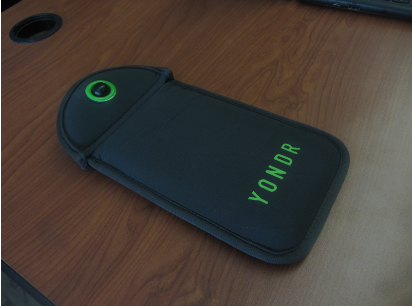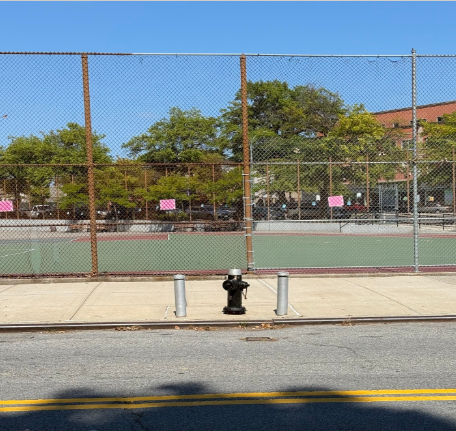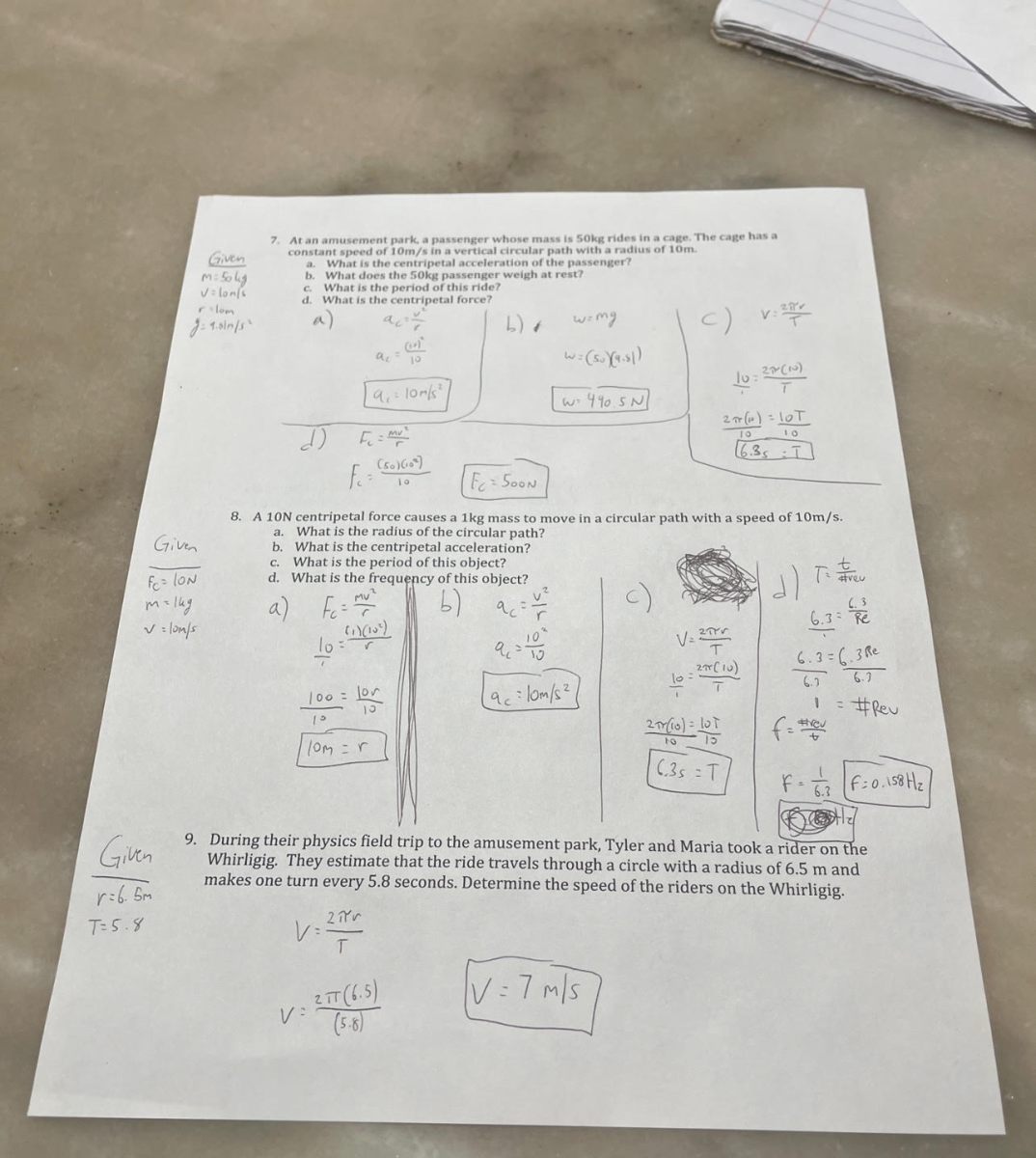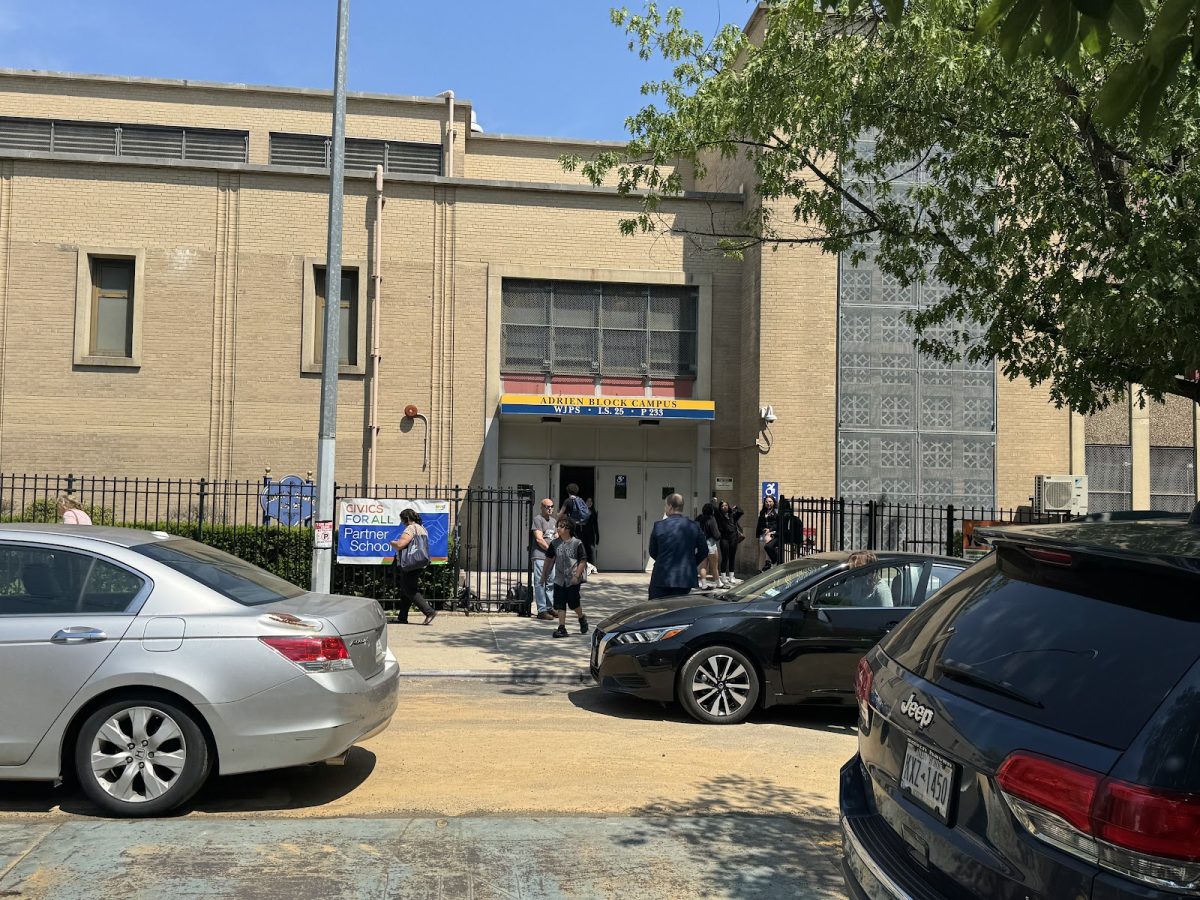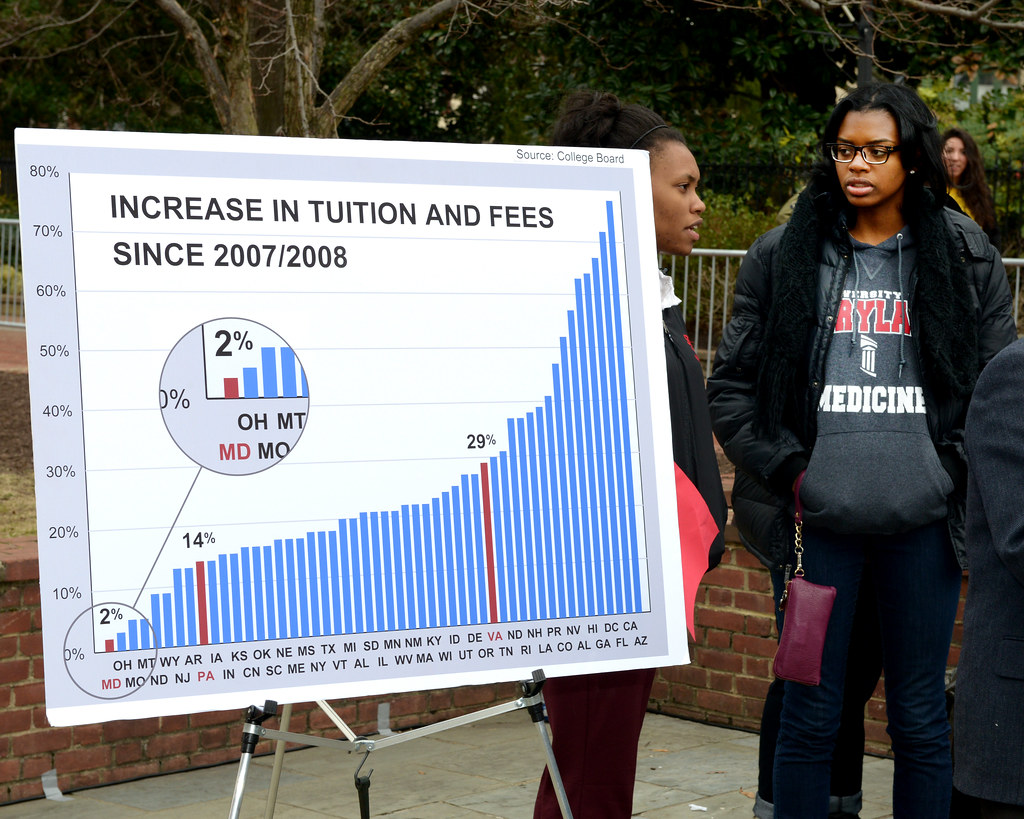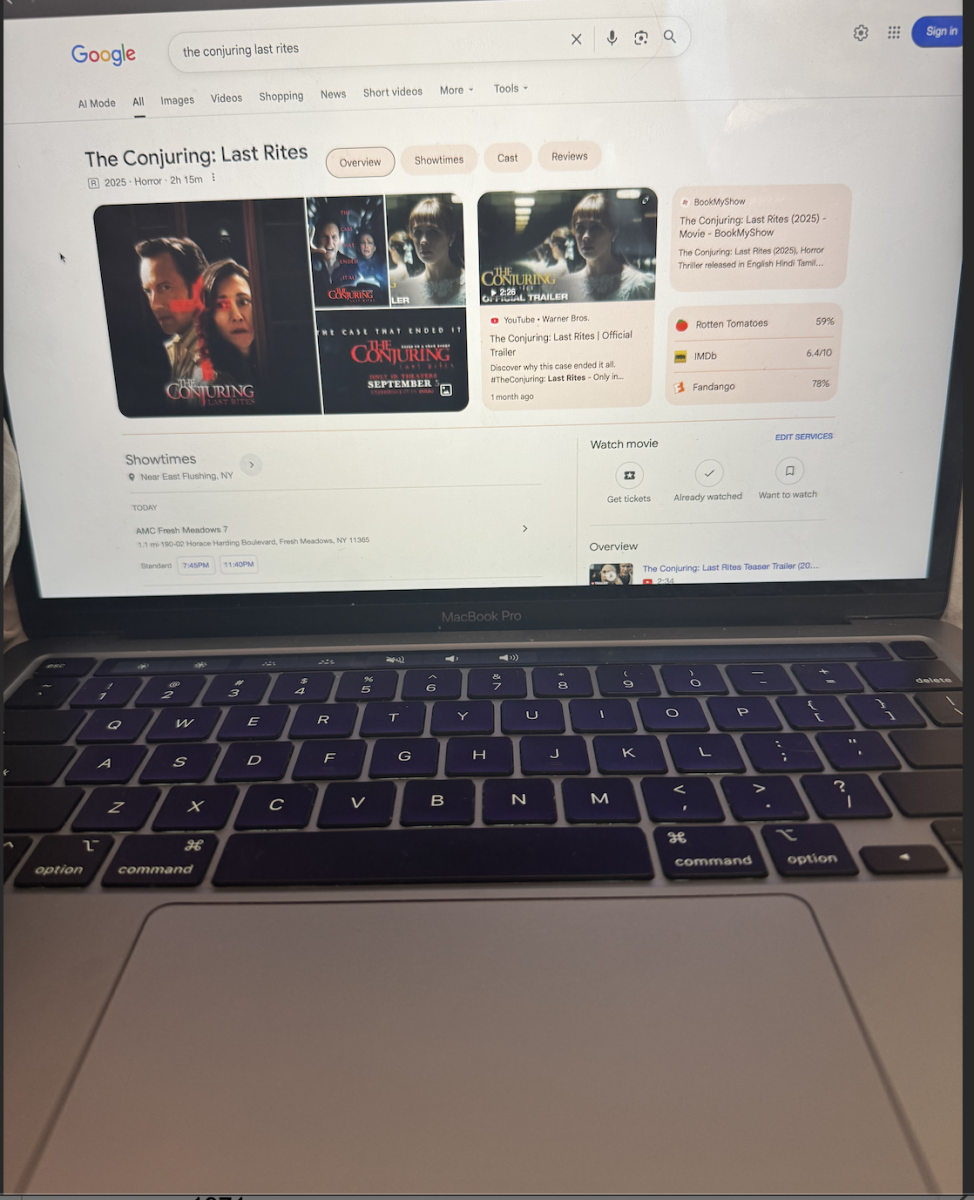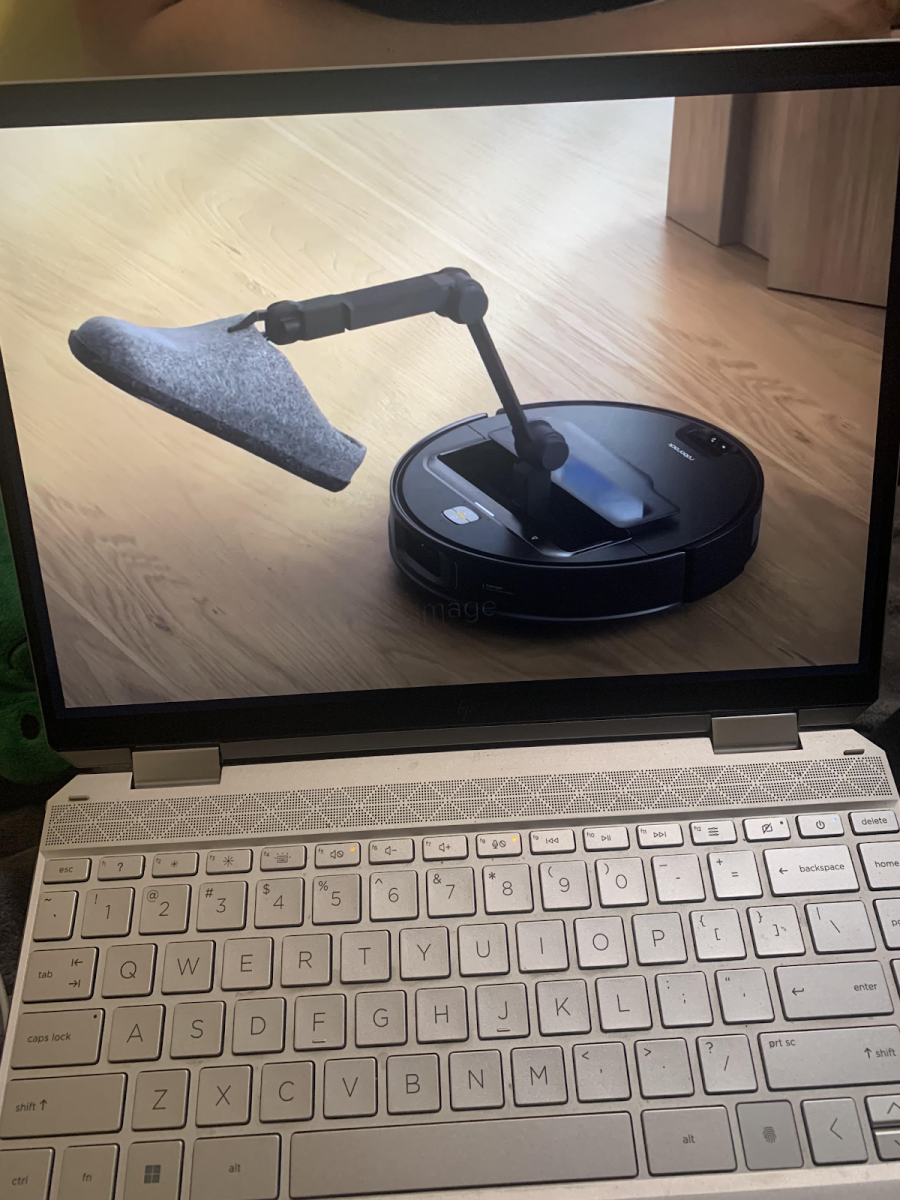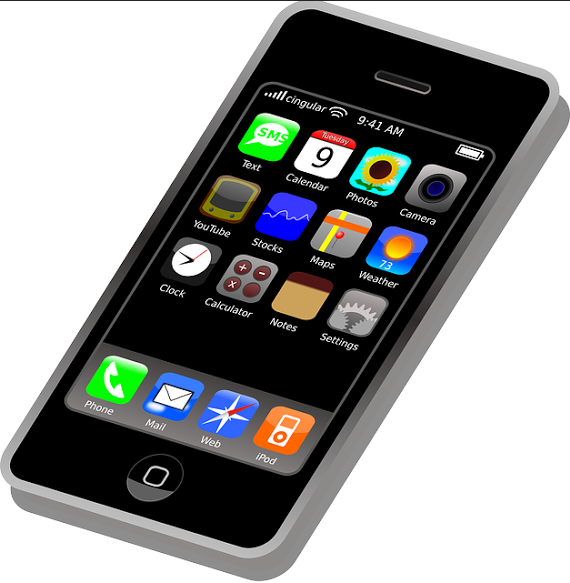by Aja Landolfi, junior co editor in chief

Cell phones are all around us. Most adults, teens and even kids as young as nine have cell phones. Cell phones used to be given to children by their parents as a way to get in contact with each other during an emergency. Now technology has changed so much that most kids have a phone just for the fun it can provide.
According to Schoolsecurtiy.org cell phones were originally banned from schools because of their connection to gang activity, as well as being a disruption to classes. These bans started over a decade ago and they have been altered a few times since then, but they have never allowed students to have their cell phones in school.
On January 7, 2015 Mayor de Blasio and School’s Chancellor Carmen Fariña announced that they are going to be lifting the cell phone ban. If the panel approves of this, the new law will take place on March 2. By the ban being lifted it will now allow the principals of all NYC schools to decide if their students will be allowed to have their phones on them and if they will be allowed to use them.
Many families feel that it is important for students to be able to have their cell phones on them in school in case of an emergency. Families say that in a time of crisis they need to be able to get in touch with each other. Even though this factor would be a beneficial one, if cell phones are allowed in schools there will be a lot more negative factors than positive ones.
“I think having our cell phones in school isn’t a bad thing because if there is a family emergency your parents can reach you and make sure you’re okay,” sixth grader Layla Rodriguez.
Cell phones in the classroom will serve as a distraction to kids learning. If cell phones were allowed in schools very few students would actually pay attention to what is being taught. Why would they pay attention when they could be talking with friends in another school or class, surfing the web, or playing games. The cell phones in the classroom would only cause a distraction and student’s grades would greatly suffer.
“It’s extremely distracting because I know a lot of people who text and drive and even walk and drive so when given the opportunity to use their cell phone in the classroom, they will avert their attention to what they think is more interesting like social media then what teachers have to say,” middle school dean Mr. Angeles said.
Not only would cellphones cause a distraction to the kids who are carrying them, it will also pose as a distraction to the kids who aren’t carrying their cellphones on them and are trying to learn. With the constant distraction of a cell phone going off and being out, many students could struggle with paying attention and staying focused in school.
“I think it’s a good thing because it can be more educational and it could help with school work. Students should have a right to have their phones as long as they aren’t doing anything bad on it,” freshman Nikita Mosier said.
Cheating on tests would also become a growing problem. In many schools, cheating is already a big problem. If students are allowed to carry and use their cell phones, cheating would become easier. If students are given permission to use their cell phones, administration can’t really limit them and tell them that they can’t have it for a certain period that day. Even if limits are put in place, rules aren’t always followed.
When kids go to school they should feel safe. The only thing that they should be worried about is their education. However, with the issue of bullying occurring in so many schools a lot of kids go to school in fear. When students get bullied it can threaten their emotional and physical well being at school, it can also affect their learning. If students feel threatened all the time, they won’t be able to focus in class and get the education that they need.
If cell phones were to become allowed in schools, it would make bullying a lot easier. Rumors and news would spread ten times quicker than if no one had their cell phones on them. This faster form of bullying would make school even worse for the kids who are already bullied.
If the principals in schools want their students to succeed, they would allow their students to bring their cell phones into school but not carry them around or have them in any of their classes. By having their cell phones in school, students would be allowed to get in touch with their parents after school, and in case of an emergency. At the same time however not being allowed to have them in class will allow students to focus and learn what they need to learn to succeed in life.
“The lift of the cell phone policy is meant for schools that have scanning before you enter the building. It now means that those schools will no longer have the scanning. Our cell policy will remain our cell policy,” principal Mrs. Schneider said.



